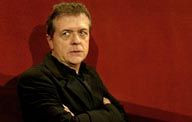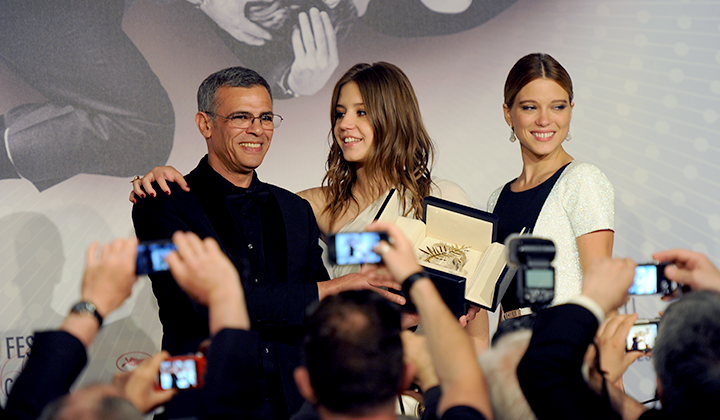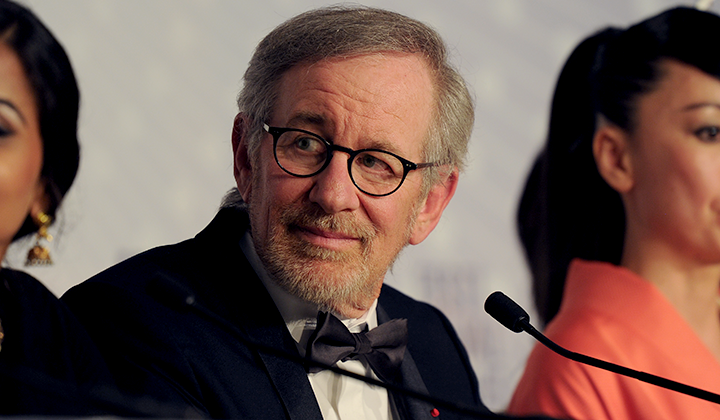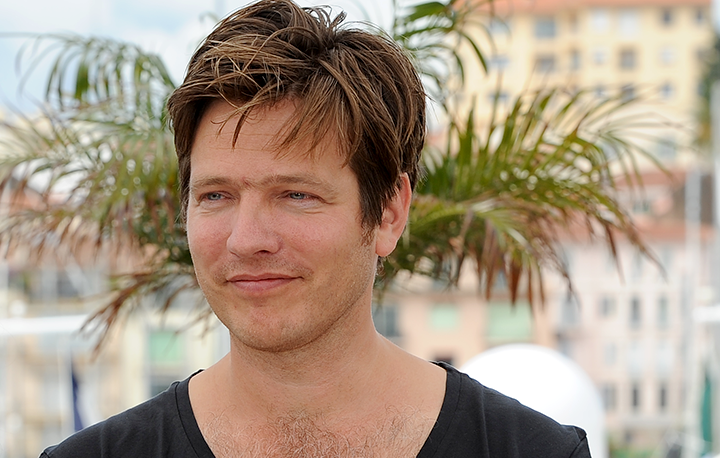
INTERVIEW – Thomas Vinterberg, President of Un Certain Regard Jury

He’ll be celebrating his forty-third birthday in the middle of the Festival yet he doesn’t seem to have aged a bit. Thomas Vinterberg, after four films including the highly acclaimed Festen (Jury Prize 1998) and The Hunt (Best Actor 2012), returns to Cannes to head up the Un Certain Regard jury.
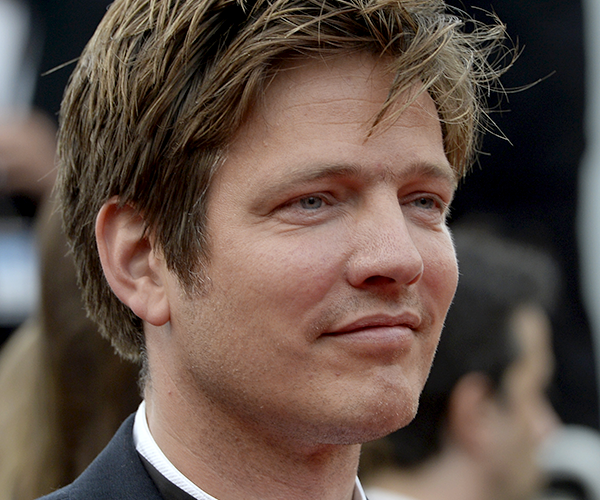
Thomas Vinterberg © AFP
You talked about incest in Festen, about pedophilia in The Hunt, conflict between brothers in Submarino. Why are you so interested in the complexity of family relations and childhood?
I grew up in a very unusual family myself, in a commune. I’ve never suffered from family problems. But the family is a source of inspiration for dramatic intrigue. The family means the past, it means future projects, faith, it can be a source of anxeity, or the most heartfelt love. Families have always been an important ingredient in drama, from Shakespeare to The Godfather.
What is the Vinterberg family like?
My father is a film critic, a very sweet man and my mother, who’s a harpist, is a lovely woman. I’m very close to them. I’m a family man but I also like communal life. My whole life and my career has been inspired by my upbringing in a commune. Dogma 95 was a commune. I’ve always been involved with a lot of different communes.
Current Danish cinema seems to deal with dark subjects. Is that inevitable?
There is a Scandinavian tradition that finds it fascinating to dig into darkness to find the beauty within. When you talk about death in a Scandinavian movie, it’s also in a way a celebration of life. It’s part of our tradition and that’s where we come from.
In 1995, you founded Dogma 95 with Lars Von Trier to try to achieve a pure and authentic cinema. Do you expect the films in Un Certain Regard to have the same approach?
I don’t have any recipe for how anyone else should make movies. I’m here to celebrate other artists and their ways of expressing themselves. If I sense an artist, if I feel their honesty, their courage, then I’ll celebrate that. But if it’s just about applying some kind of established system, I’m not interested.
At the end of Dogma, you took a vow of cinematic chastity. Today it looks as if you’ve gone back on that…
I broke it completely, I reversed it in It’s All About Love. Dogma was a revolt against the conventions of filmmaking. People said it was suicidal but that was what gave it energy. Then Dogma came here and it was a huge success, right here in 1998 [Festen, Jury Prize]. It became fashionable. That was the end of the risk and of the revolt I guess.
Last year you said you wanted to go back to the purity of your first films. Why?
In a certain way, you have to look at where you come from. That was even before Dogma, I mean in my graduate films from film school. There was a certain naïvety and purity. You can never repeat history but you can at least get inspiration from it. I’ve been on a very long journey, with some confused and painful moments and other moments that were fantastical and inspirational. l wanted to get back to what I wasn’t any more.
We have heard about a project, Far From The Madding Crowd. How is that going?
It’s a British-American project with Mathias Schoenaerts and Carey Mulligan. It will happen, but we don’t know when. It’s moving all the time. People get fired, new ideas come in. But whatever happens, I have another project that is going to happen for sure. I’m working on a Danish film about drink, The Commune [project supported by the EU Media Prize awarded at Cannes on 19 May]. It will be an ode to alcohol.
Kind of like Ken Loach’s Angels’ Share?
You can say that. But a Danish version!
Interview by Tarik Khaldi
